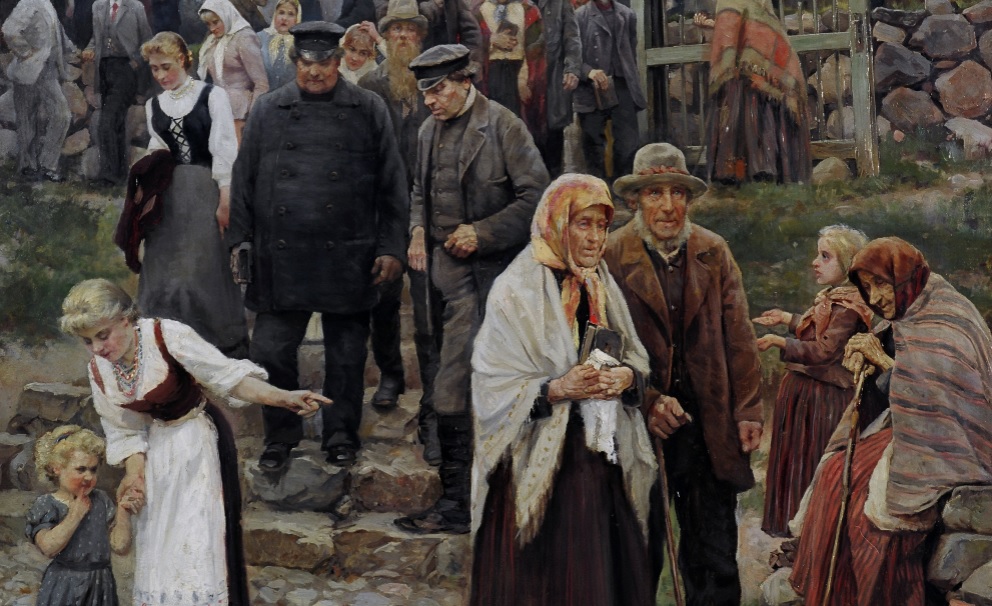
How Hungary Became American Far-Right’s Most Successful Project
In early August 2022, Viktor Orbán flew to the United States to attend C-PAC. The main star of the event was Donald Trump, the former president, but Orbán was easily amongst the main attractions. Trump is not the only admirer of Orbán in America: his potentially greatest challenger for 2024, Ron DeSantis, governor of Florida is also a devotee.








